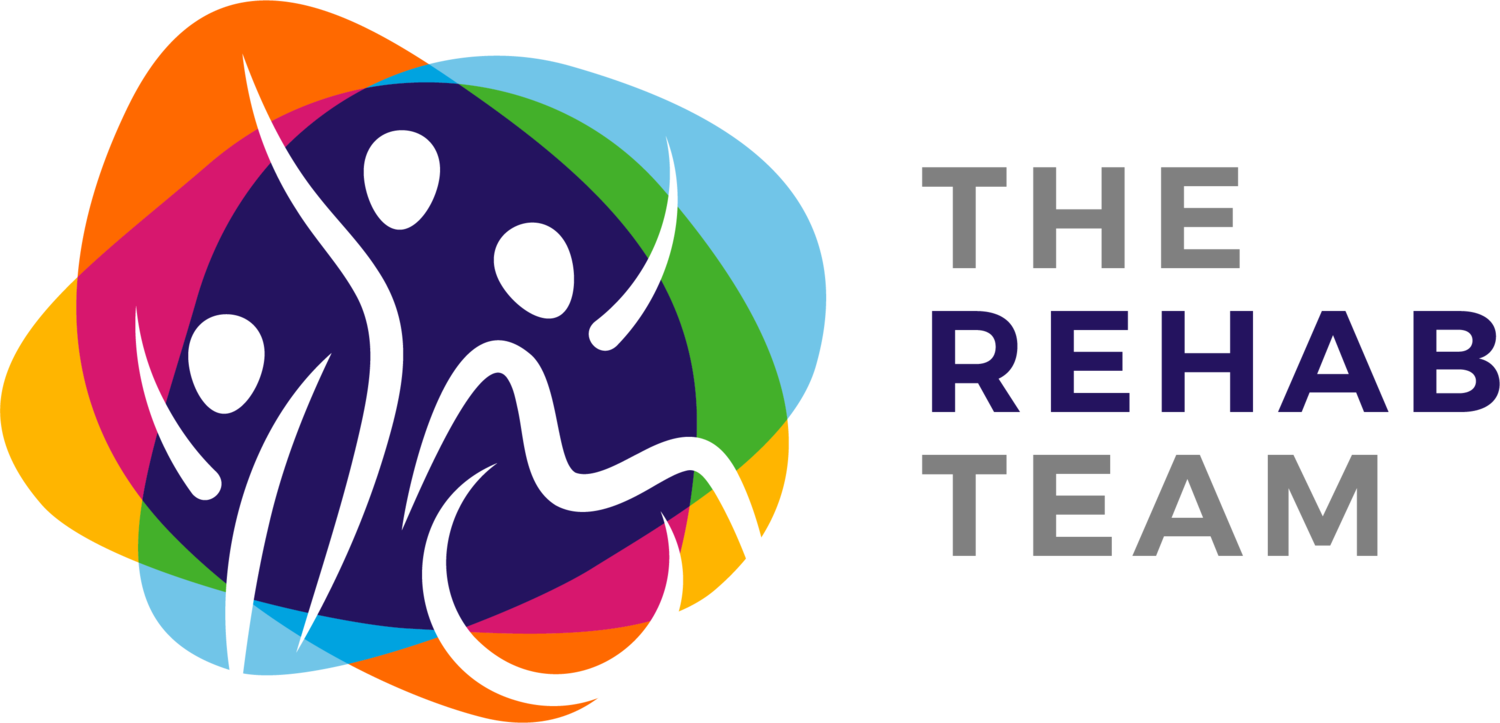Parkinson’s and Physiotherapy.
The Rehab Team provides Neurological Physiotherapy specific to people living with Parkinson’s in Tauranga and surrounding areas.
Parkinson’s is a neurodegenerative disorder that primarily effects the neurotransmitters in the basal ganglia, a part of the brain that is involved in many functions of the body both directly and indirectly.
Common challenges of people living with Parkinson’s include a slowing of movement (bradykinesia), decreased size of movement (hypokinesia), tremors and stiffness (rigidity). Due to the many functions of the basal ganglia, Parkinson’s can also result in freezing of movement, festination, speech and swallow difficulties, cognitive changes, altered motivation and mood, sleep issues and bladder/bowel changes.



The role of a Neurological Physiotherapist in Parkinson’s.
Neurological physiotherapists are physiotherapists with additional training in treating problems related to the brain, spinal cord, inner ear and nerves. Neurological physiotherapists apply their knowledge of the brain to assess the physical aspects that are affected by Parkinson’s, to individualise a treatment approach that would enable the person to change their movement behaviour. Treating Parkinson’s to maximise your movement, quality of life and mood requires an deep understanding of primary impairments and pathology of the condition to optimise your rehab program.
There is strong evidence that physiotherapy is effective for Parkinson’s Disease, with most of the evidence and therapy targeted towards younger and earlier disease stages where it has been shown to improve quality of life, movement speed and amplitude and ease of movement. This has resulted in the creation of Parkinson’s specific exercise programme such as LVST BIG, PD warrior and PWR to name a few.
Parkinson’s specific exercise teaches you how to move with amplitude, power and speed in everyday tasks. It has the potential to be NEUROACTIVE. The Rehab Team’s approach is to use neuroplastic training principles to help re-train your brain. Your brain has the ability to help you move better. It learns from all stimulation applied to it, including exercise, and has an enormous capacity to re-wire the neural connections for improved movement. This means that it has the ability to improve the quality of your movement, meaning you can get back to doing the things you enjoy doing. By increasing your overall activity level, Parkinson’s specific exercise may also slow down the symptom progression of your Parkinson’s.
It is important to note that Parkinson’s specific exercise differs from general exercise training. Yes, general exercise is important for people diagnosed with Parkinson’s - aerobic and strength training is beneficial. But general exercise training alone is not enough.
It is the level of effort and movement size that makes Parkinson’s specific exercise different. Dopamine deficiency can lead to the continuing reduction of movement, speed and power. Instead of getting up from the chair first time round, it may mean that you have to use your arms to push up, or rock back and forth a bit to get enough momentum to stand up. Completing specific exercises to improve difficulties in your movement specifically is important because it will help you in all of your everyday activities, not just while you are exercising, but throughout the day. These exercises focus on the amount of effort and size you are putting into your movement.
What our therapists offer.
Thoroughly assess and measure neurological systems to determine current and predicted physical abilities
Teach strategies on how to maximise movement patterns based on common movement difficulties seen in Parkinson’s such as difficulty rolling in bed, sit to stand, turning and walking.
Teach strategies to minimise falls and injury, or to overcome freezing, festination and other movement difficulties
Design an individualised neurological rehab program that is based on your specific needs, Parkinson specific exercises holistic and considers your 24-hour routine
Hands-on treatment to teach you how to move better or more efficiently
Help in facilitating a healthy lifestyle and identification of factors that may improve an individual’s daily life
Review and prescribe mobility equipment that you may need
Liaise with the other health professionals as required to assist in your rehabilitation
Write reports as required to advocate for you and your health
Looking for a cost efficient option?
Join our Tauranga Parkinson’s group classes
Although individualised assessment and rehabilitation is the gold-standard, group classes are a good option to supplement your individualised rehabilitation programme.
The Rehab Team would love to be apart of your journey with Parkinson’s.


